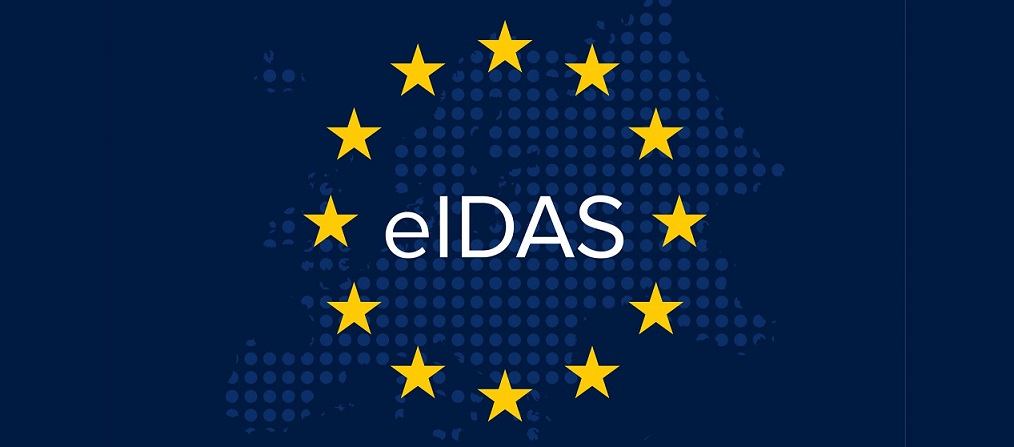
Six years after the adoption of eIDAS, 41% of citizens are left without the possibility to use any trusted and secure eID across borders. The aim for eIDAS 2.0 is that 80% of EU citizens being able to use a digital ID by 2030. Is that possible? How? “It is challenging but not impossible” – says Viky Manaila, president at Cloud Signature Consortium, in an interview with Valentina Dragomir – Sales & Business Development at ARIADNEXT by IDnow.
The idea of implementing electronic identity cards (eIDs) EU-wide sounds very promising. Even at a basic level, eIDs allow thousands of service providers to offer their services online with relative ease. When and how will eIDAS eIDs become mainstream? Why don’t private companies invest more, and why are some countries staying behind?
One part of the problem is the disconnect between national legislation and the EU/eIDAS regulation. In the eID space, eIDAS expects member states to set up the regulations and standards for remote identification. Following that, member states should peer review each others’ systems and synchronise them.
In essence, this system invites representatives from Government agencies to set up clear and consistent guidelines in cooperation. Even so, without any state of the art legislation, compromise is very hard to reach. Besides, member states may come up with very different agendas, causing even more trouble when it comes to using eID at an international level.
The solution exists, but we need change. In fact, the EU has already designed part of the solution in its latest wallet proposal.
“Having an electronic identity schemes, having a mobile wallet for digital identity that you can use and access cross-border different services will be for sure a revolution. This is the most ambitious project since the invention of the internet at global level.” – Viky Manaila added.
„eIDAS2.0 has to be a top priority in 2023-2024 for every institution. Romania has this opportunity to go at a sharp speed and to become similar to the best in class in the digital world. There won’t be any borders anymore with the new EUDI Wallet. With a correct implementation, Romanian citizens can benefit of all finance, cross-borders payments, healthy and insurance services across EEA. I do believe that this new legislation will have a huge impact in digital transformation and accessibility for all EU citizens.”, says Valentina Dragomir.
More details in the interview below
____________
eIDAS is a key enabler for secure cross-border transactions.
The Regulation on electronic identification and trust services for electronic transactions in the internal market (eIDAS Regulation) is a milestone towards creating a predictable regulatory environment. The eIDAS Regulation will help business, citizens and public authorities carry out secure and seamless electronic interactions.
The eIDAS Regulation:
– ensures that people and businesses can use their own national electronic identification schemes (eIDs) to access public services available online in other EU countries;
– creates a European internal market for trust services by ensuring that they will work across borders and have the same legal status as their traditional paper based equivalents.
With eIDAS, the EU has managed to lay down the right foundations and a clear legal framework for people, companies and public administrations to safely access services and carry out transactions online in just ‘one click’. Indeed, rolling out eIDAS means higher security and more convenience for any online activity such submitting tax declarations, enrolling in a foreign university, remotely opening a bank account, setting up a business in another Member State, authenticating for internet payments, bidding to on line call for tender, and more.
Banking 4.0 – „how was the experience for you”
„To be honest I think that Sinaia, your conference, is much better then Davos.”
Many more interesting quotes in the video below: